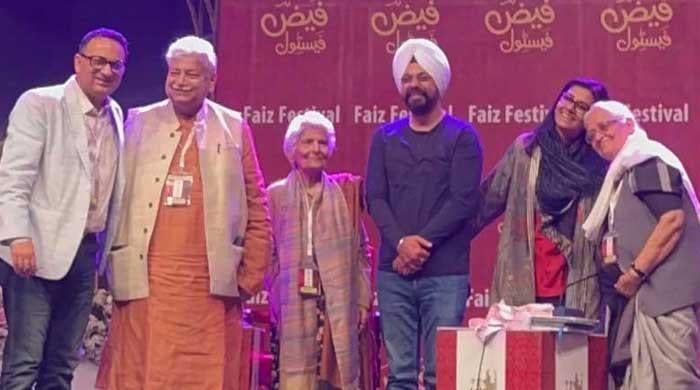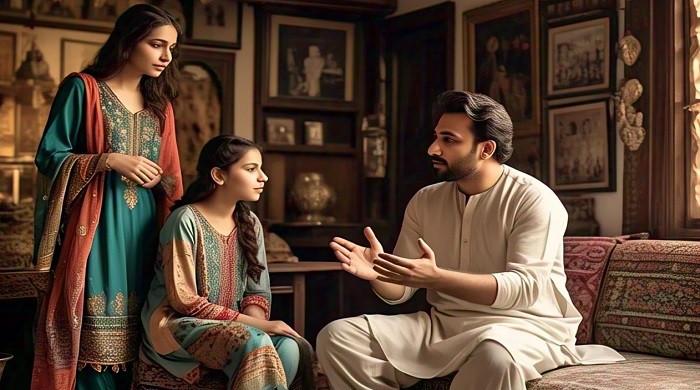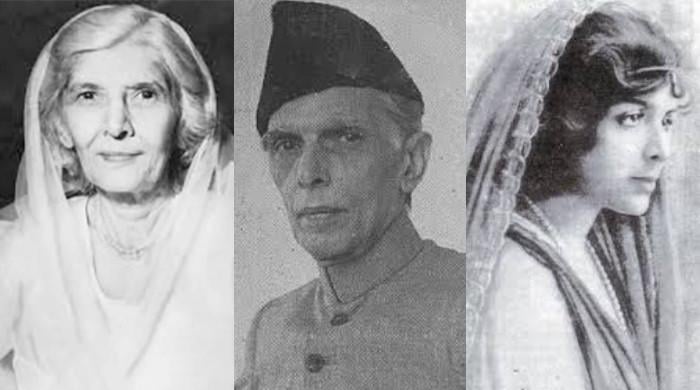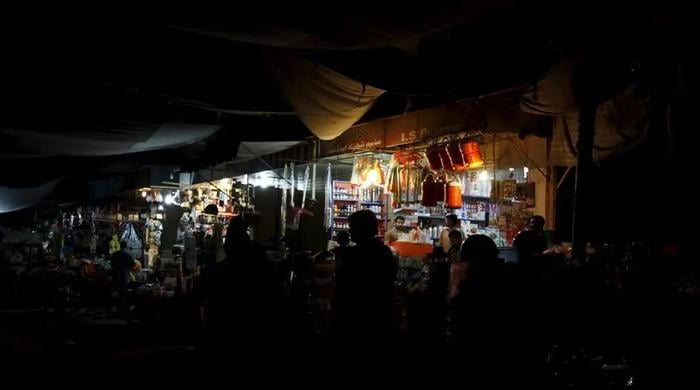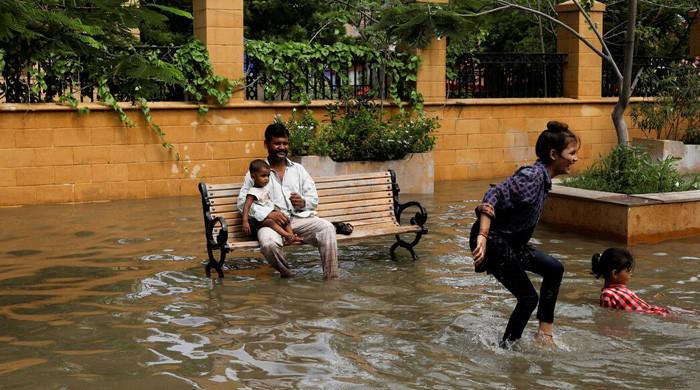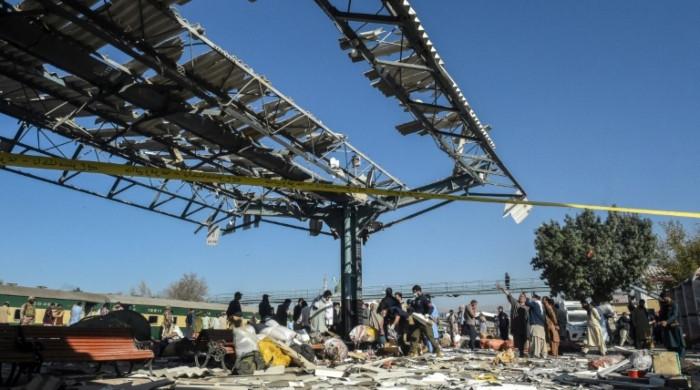Can the new govt make digital spaces safer for Pakistani youth?
Today, the world celebrates International Youth Day. With this year's theme being 'Safe Spaces for Youth', can the incoming government help make digital spaces safer for Pakistani youngsters?
August 11, 2018

KARACHI: August 12 will be celebrated as International Youth Day throughout the world. The United Nations first celebrated the day in the year 2000.
This year’s theme is "Safe Spaces for Youth", which includes the digital space as well.
An increase in number of mobile and internet users in Pakistan through the years has allowed people to talk about issues that matter. They also now know the rights they enjoy over online spaces. But alongside, digital harassment and bullying have emerged as serious issues, targeting youth among others.
Social activist Hamza Baloch is one such victim of cyber bullying and online harassment. Speaking to Geo.tv, the 26-year-old said: “Your data can be used out of context, even family or friends can use it, you become controversial even in the eyes of those who know you—and this hurts.”
According to Baloch, while the dust eventually settles down the psychological effects due to the bullying are worse.
“You are traumatised and it becomes hard to recover from it,” he says. He believes that the incoming government should take some serious steps towards building a safer digital space for youth.
Although online spaces have changed fates of many—like “Chaiwala” Arshad, “Eye to Eye" singer Tahir Shah, or comedian Syed Shafat Ali, famous for his accurate mimicries—others have faced infamy, harassment, and even threats.
Some years ago, the video of a woman went viral showing her cursing the government for failing to provide basic rights to the masses. While internet users found it hilarious, “Aunty Gormint”—as she came to be known—had to face social boycott from her own family as well as her neighbours. Another case was of Qandeel Baloch who was murdered by his brother for “honour” soon after she become a social media celebrity.
Nighat Dad, founder and Executive Director of Digital Rights Foundation, said she believes the incoming government needs to implement laws that are already in place and take action against culprits without any discrimination.
“They [political parties] have to undo a lot of stuff that they have developed themselves. This is a difficult task but they have to go against the culture they themselves have established. They have to do a lot of work regarding digital literacy and this should start from schools,” she said.
DRF, which launched the country’s first cyber harassment helpline (0800-39393) in late 2016, received 1,551 complaints in the form of calls, emails and Facebook messages from December 1, 2016 till November 30, 2017. The foundation strives to help people fight against online harassment by providing legal and psychological help.
Dad believes that the government has a lot to do regarding safe and secure digital spaces in Pakistan. “I feel [Pakistan Tehreek-e-Insaf] PTI started using social media very actively for attracting youngsters and supporters several years ago and succeeded in setting a good precedent as to how political parties can use online platforms for promoting their political agenda in a positive manner,” she said.
Other parties followed and formed their digital teams but not all of them remained confined to spreading their political messages, she said. Instead, some supporters and followers started a "toxic online culture" where they wanted to get attention by any way, be it through abuse or by using hate speech against any criticism.
“The space used for positive benefit became toxic and now you get all sorts of threats if you criticise them,” Dad said.
Manha Haider, a 28-year-old teacher based in Lahore, argues that there are instances where she is able to navigate street harassment more easily as compared to the digital space. “I have strict privacy filters for my Facebook profile. No one can search me except my friends. Friend request option is turned off, but still people find a way to harass online.”
Haider said that usually filtered inbox messages are "disgusting, people degrade you just because you are a woman or send explicit pictures expecting that the receiver would respond in a romantic manner".
“I am unable to understand why on earth would they feel that it is alright to behave in this manner,” she said.
A little unexpected was a recent video of Zohair Toru, in which he explained how cyber bullying impacted his life and how trolling for fun could have a lasting negative impact on the life of the victim.
In a 2011 viral video, Toru could be seen protesting in favour of Imran Khan, the prime minister-in-waiting. In the video, he could be heard complaining about baton-charge and assault by the police, and asking how a revolution is possible if protesters are beaten up.
Toru says he has been ridiculed and has suffered years of cyber bullying and harassment since the video first surfaced seven years ago.
Nighat Dad laments that the Federal Investigation Agency (FIA), despite getting a huge budget from previous government, has failed to devise an effective mechanism to tackle online harassment and bullying, especially of women and young girls.
She opines that threats of acid attacks, rape or death threats have become widespread on social media. "The moment one criticises any of them [political parties or trolls], one gets massive abuse in response," she said.
Dad said that laws in this regard, and the way they are implemented, are incomplete in Pakistan. She believes FIA offices should be more accessible for people and should ensure privacy of complainants as well.
“Government has to do a lot to ensure safe digital spaces for youth, especially women. They can’t do things in isolation and have to take relevant stakeholders on board so that they can form a better mechanism and [ensure] efforts don't go in vain,” she said.




